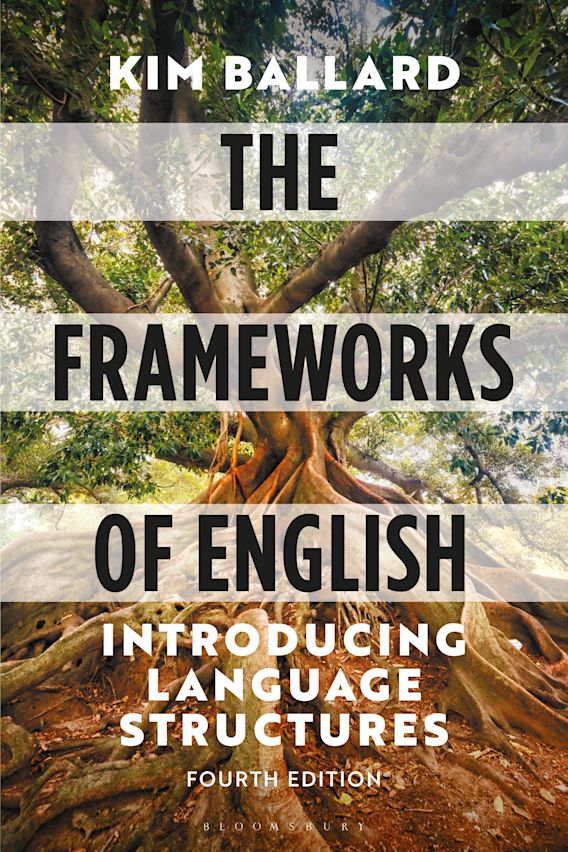



johndoe@gmail.com
Are you sure you want to reset the form?
Your mail has been sent successfully
Are you sure you want to remove the alert?
Your session is about to expire! You will be signed out in
Do you wish to stay signed in?
Question 1 (Consolidate)
We saw in Section 2.12 how the articles the and a/an are used for definite or indefinite reference. Looking at the following paired examples, what else do you notice about their functions? (The relevant parts of the sentences have been underlined.) Some examples have no article – why?
| 1a 1b |
The ambulance rushed the sick woman to the nearest hospital Hospital is the best place when you’re that ill |
| 2a 2b | Be careful of the ice on the path Ice can be so dangerous in winter |
| 3a 3b | The dinner was delicious I’ll see you later for dinner |
| 4a 4b | The dinner was delicious I’ll see you later for dinner |
| 5a 5b | I need to go to the dentist I need to go to a dentist |
| 6a 6b | Can you see the moon tonight? Do you know if Saturn has a moon?
|
Answer/discussion
Although the definite article is typically used to refer to a specific referent (such as the nearest hospital, the ice on the path or the dinner that was so delicious), it can be used to refer to something which is a specific part of our everyday lives, such as the dentist (or the cinema, the gym and so on). Example 5a could have this meaning; alternatively, the speaker may be referring specifically to their regular dentist. (This latter possibility contrasts with Example 5b, which implies that the speaker has no particular dentist in mind.) Many aspects of our everyday lives are referred to generically without the definite article. These include places (hospital in 1b), weather conditions (ice in 2b), times of the year (winter in 2b) and meals (dinner in 3b). The absence of an article in instances like these is known as the zero article.
The indefinite article is used to refer to something general, unknown or unspecified. However, the scope of the meaning can be narrowed down if the noun in question is postmodified, hence the difference between a movie (4a) and a movie directed by Ken Loach (4b). Context can also direct us in our interpretation of the articles. In Example 6a, the moon would probably be taken to refer to the one that orbits our earth, since this is visible to the naked eye and the planetary satellite uppermost in the consciousness of earthlings. Example 6b, however, refers to a moon that may or may not exist, hence the indefinite article.
Question 2 (Explore)
Consider the meanings provided by the determiners in the following underlined examples:
Ron was a man of few words
Could you give me a few ideas for my holiday?
I’d appreciate a little sugar in my tea
I’d appreciate a little biscuit with my tea
Sadly, this excellent charity receives little attention
Answer/discussion
In the examples, a few and a little have positive, optimistic connotations, in contrast to the examples without the indefinite article: ‘A man of few words’ can be taken as a neutral observation or even a slight criticism. The little attention received by the charity clearly conveys an undesirable situation.
There is an interesting grammatical difference between a little sugar and a little biscuit. In the first example, a little means ‘some’ or ‘a small amount of’. In the second example, ‘little’ means ‘small’ and is an adjective describing the biscuit:
| determiner | noun | determiner | adjective | noun | |
| a little | sugar |
| a | little | biscuit |
The determiners few, a few, little, a little all convey ideas of amount or quantity – hence their membership of a ‘quantifier’ category. They also provide a contrast between a positive (a few, a little) or negative (few, little) attitude towards the noun they precede.
Question 3 (Explore)
What else do you notice about the determiner combinations ‘a few’ and ‘a little’? How can they best be described and/or classified?
Answer/discussion
A question arises as to whether a few and a little should be treated as compound determiners as opposed to a sequence of two distinct determiners. The phrase a few ideas gives us a clue here: if we remove few – *a ideas – the resulting phrase is ungrammatical because the indefinite article cannot occur with plural nouns. Similarly, if we remove little from a little sugar then *a sugar is ungrammatical. This is because the indefinite article cannot occur with non-count nouns (nouns without plurals – see Section 4.3). This suggests, then, that a few and a little are compound determiners distinct from few and little. This argument is supported by the fact that they can co-occur with other quantifiers:
She asked for a few more ideas from her colleagues
They politely asked their neighbours to make a little less noise
In these examples, a few and a little have combined with the postdeterminers more and less. Although it’s possible for postdeterminers to co-occur in certain combinations (three more ideas), a few and a little seem to behave more like central determiners, comparable in meaning to some and any, and unable to co-occur with the other determiners in that group.

.